2010 Toyota Camry Brake Rotors and Pads
Click here to search another vehicle
All Rotors:
OEM x
Coated x
Drilled, Slotted and Coated x
Front x
Rear x
All Pads:
Ceramic x
Semi-metallic x
Front x
Rear x
Found 13 record
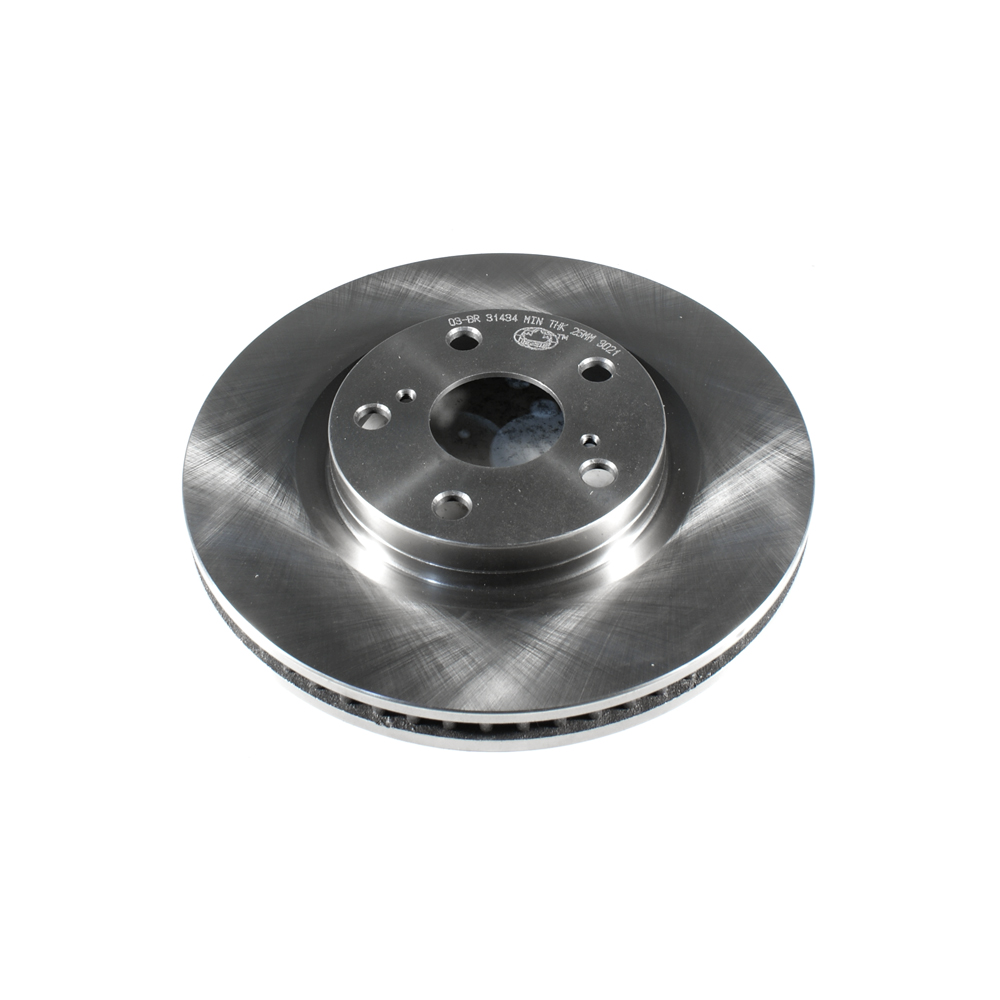
Part No: BR31434
Raybestos: 980470
OE: 4351206090, 435120R020
Raybestos: 980470
OE: 4351206090, 435120R020
$40.52 each
Per Car QTY: 2
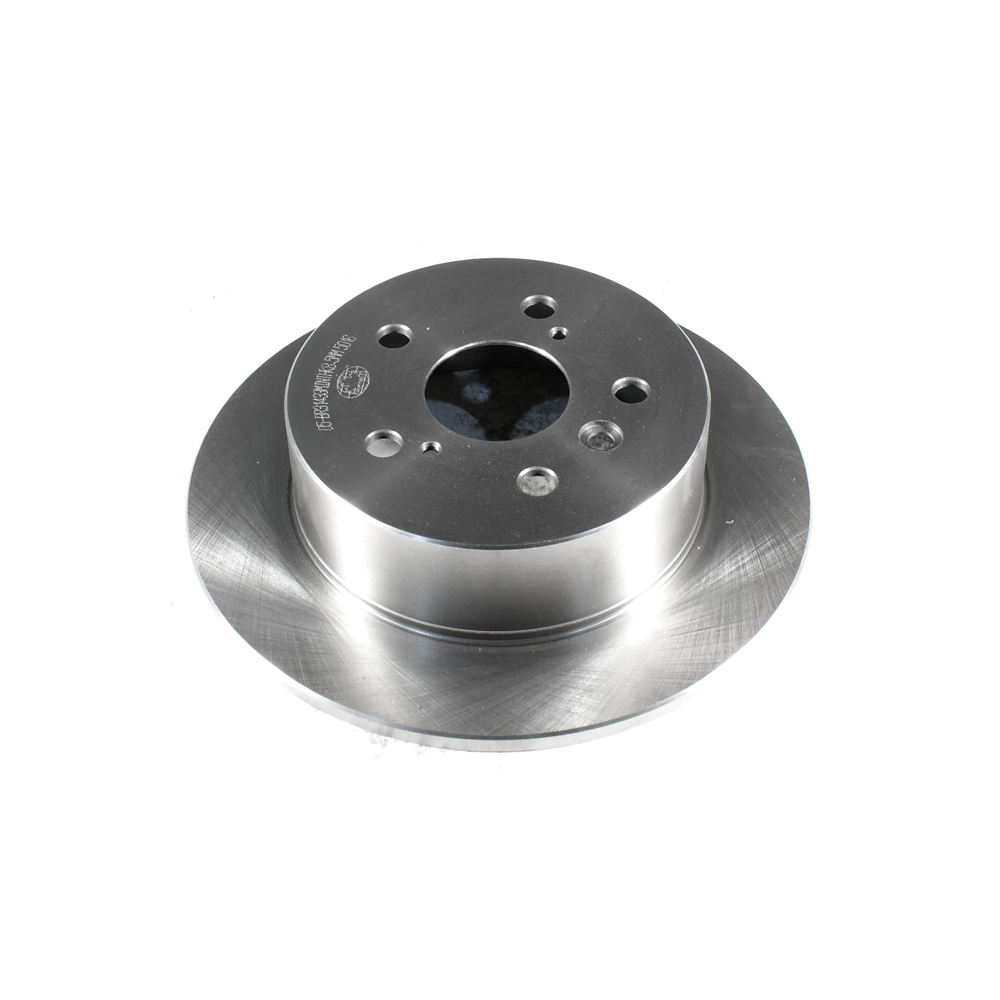
Part No: BR31433
Raybestos: 980467
OE: 4243106110, 424310R010
Raybestos: 980467
OE: 4243106110, 424310R010
$35.44 each
Per Car QTY: 2
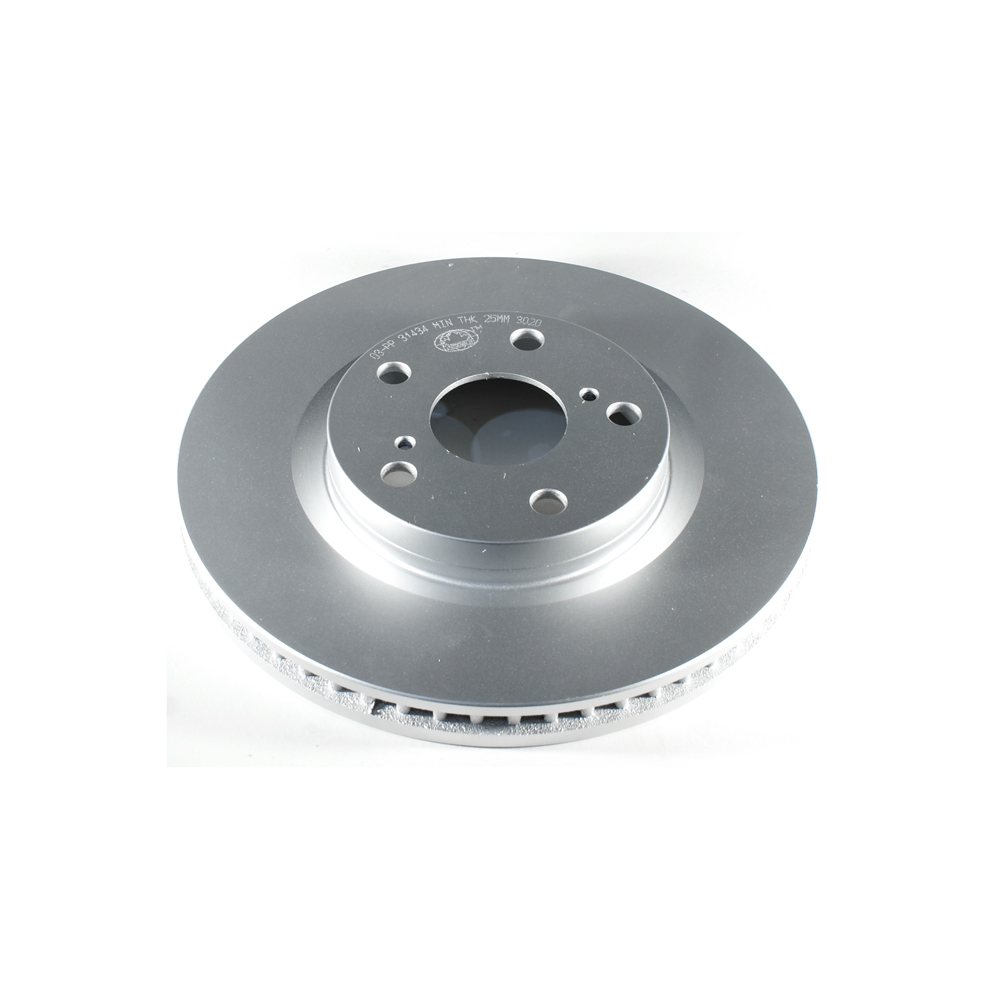
Part No: PP31434
Raybestos: 980470
OE: 4351206090, 435120R020
Raybestos: 980470
OE: 4351206090, 435120R020
$53.95 each
Per Car QTY: 2
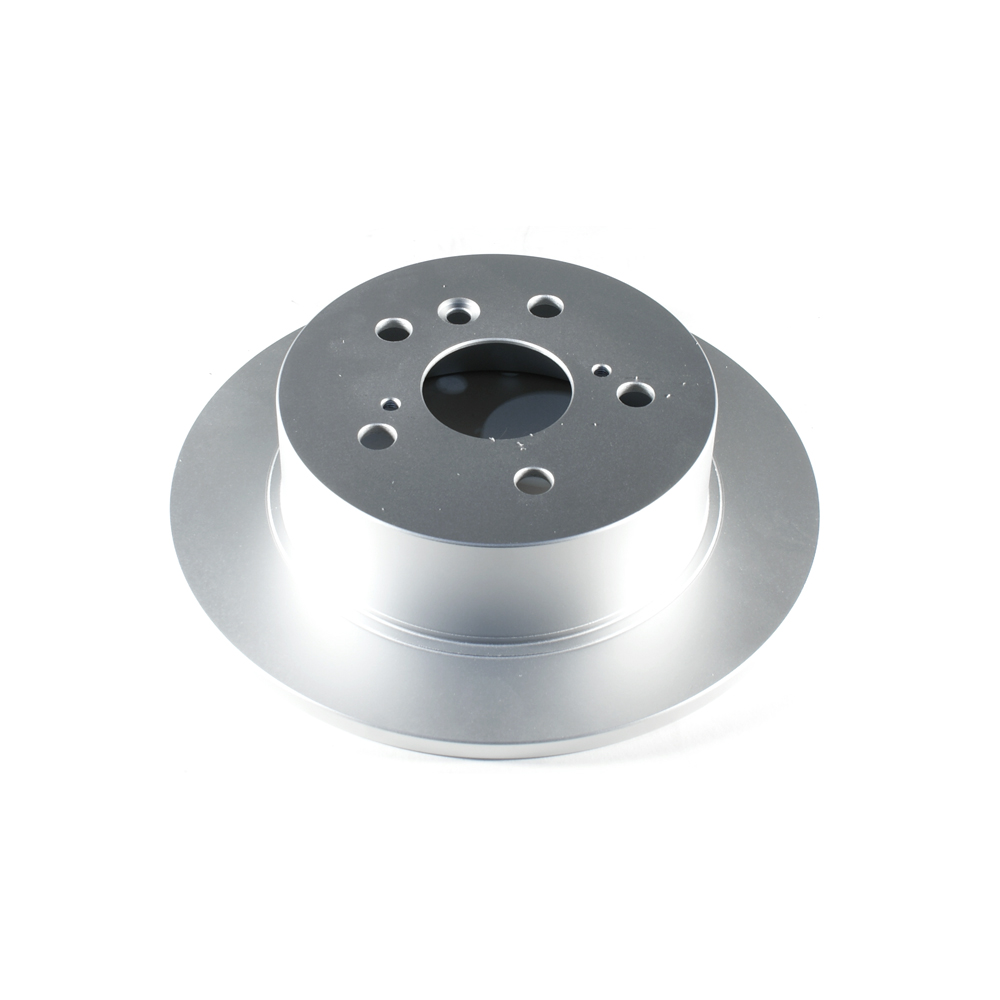
Part No: PP31433
Raybestos: 980467
OE: 4243106110, 424310R010
Raybestos: 980467
OE: 4243106110, 424310R010
$41.8 each
Per Car QTY: 2
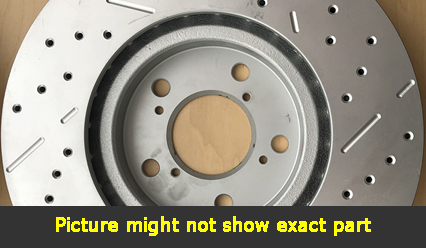
Drilled, Slotted and Coated Brake Rotor
Position: FRONT LEFT
Fitment Notes: 296mm, Rav 4 w/ third row seat
Position: FRONT LEFT
Fitment Notes: 296mm, Rav 4 w/ third row seat
Part No: SP31434L
Raybestos: 980470
OE: 4351206090, 435120R020
Raybestos: 980470
OE: 4351206090, 435120R020
$86.35 each
Per Car QTY: 1
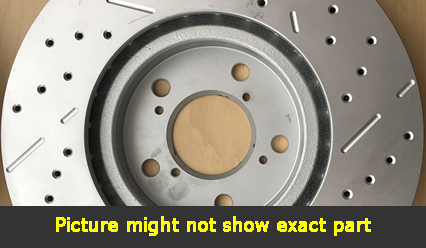
Drilled, Slotted and Coated Brake Rotor
Position: FRONT RIGHT
Fitment Notes: 296mm, Rav 4 w/ third row seat
Position: FRONT RIGHT
Fitment Notes: 296mm, Rav 4 w/ third row seat
Part No: SP31434R
Raybestos: 980470
OE: 4351206090, 435120R020
Raybestos: 980470
OE: 4351206090, 435120R020
$86.35 each
Per Car QTY: 1
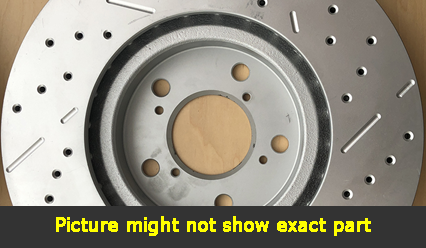
Part No: SP31433L
Raybestos: 980467
OE: 4243106110, 424310R010
Raybestos: 980467
OE: 4243106110, 424310R010
$74.2 each
Per Car QTY: 1
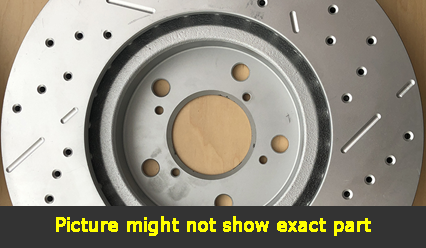
Part No: SP31433R
Raybestos: 980467
OE: 4243106110, 424310R010
Raybestos: 980467
OE: 4243106110, 424310R010
$74.2 each
Per Car QTY: 1
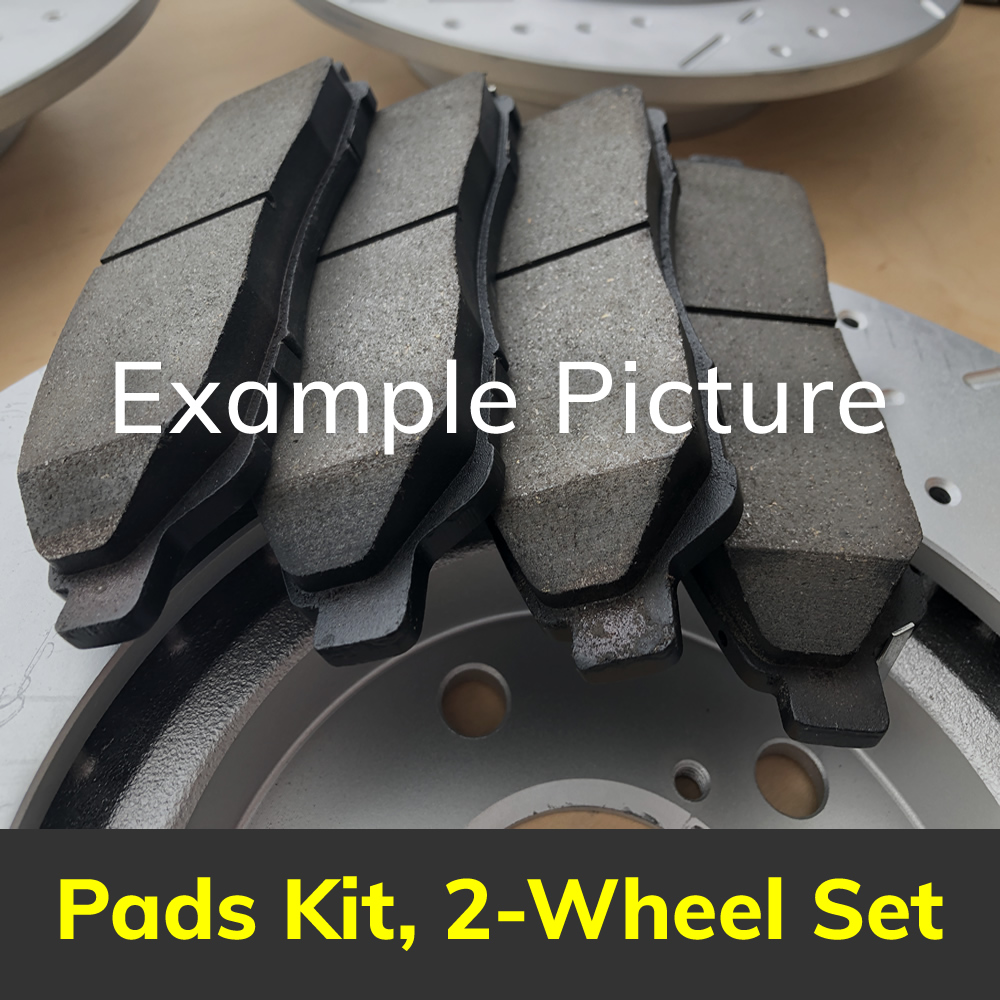
Part No: PD1222C
Raybestos: 1222
OE:
Raybestos: 1222
OE:
$39.96 each
Per Car QTY: 1
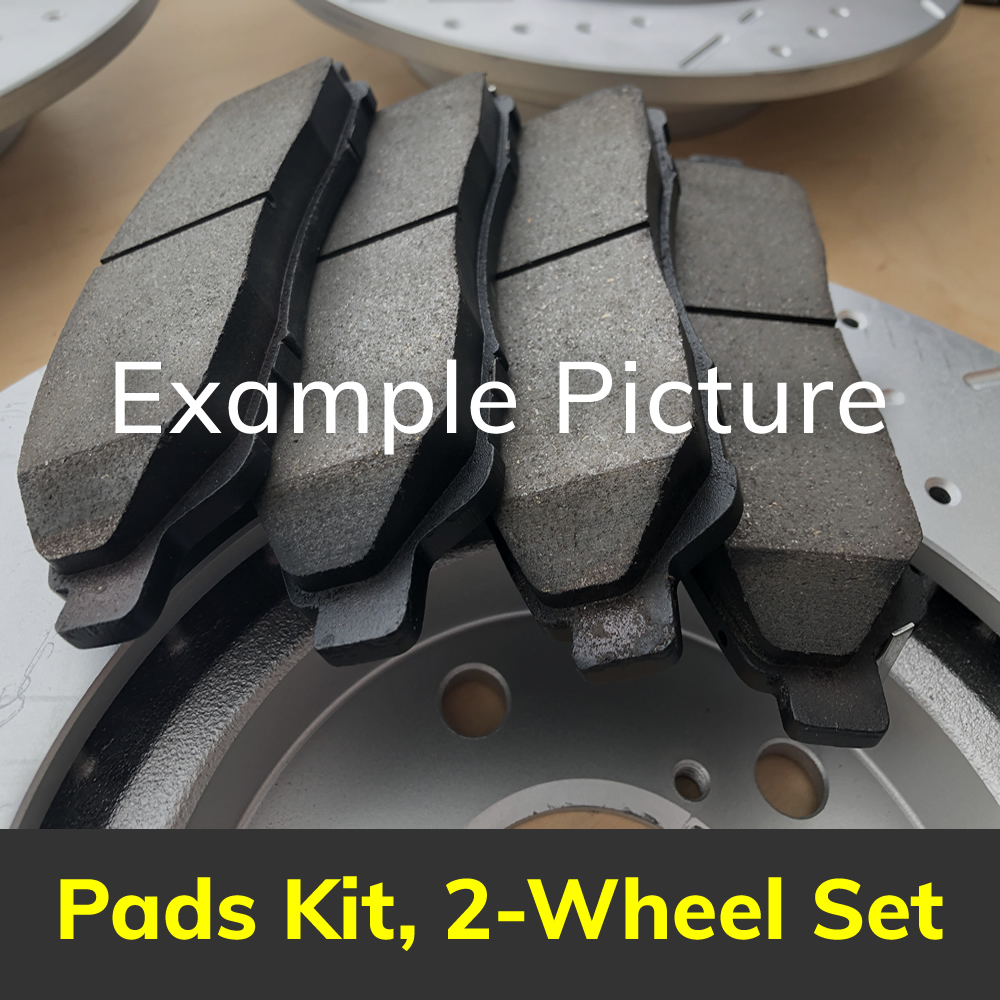
Part No: PD1293C
Raybestos: 1293
OE:
Raybestos: 1293
OE:
$32.35 each
Per Car QTY: 1

Part No: PD1212C
Raybestos: 1212
OE:
Raybestos: 1212
OE:
$39.44 each
Per Car QTY: 1
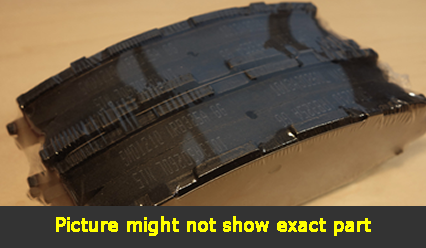
Part No: SMD1293
Raybestos:
OE:
Raybestos:
OE:
$26.44 each
Per Car QTY: 1
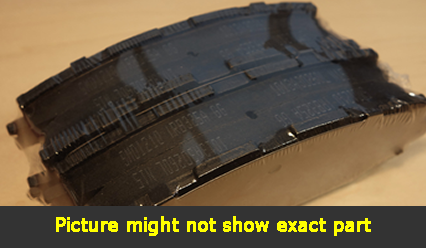
Part No: SMD1212
Raybestos:
OE:
Raybestos:
OE:
$22.59 each
Per Car QTY: 1
How to Choose Brakes for Your 2010 Toyota Camry
Having well-functioning brakes is essential for the safety and performance of any vehicle, including your 2010 Toyota Camry. When it comes time to replace your brakes, you may find yourself overwhelmed by the numerous options available in the market. This article aims to guide you through the process of choosing suitable brakes for your Camry to ensure the best possible braking performance. Here are some factors to consider:
1. Brake Type: The two most common types of brakes are ceramic and semi-metallic. Ceramic brakes tend to provide quieter operation, better heat dissipation, and longer lifespan. While they may be more expensive, they offer smoother braking and produce less brake dust. On the other hand, semi-metallic brake pads generally offer excellent stopping power, especially in high-performance applications, but they can be noisier and produce more dust.
2. Driving Conditions: Consider the usual driving conditions you will encounter with your Camry. If you primarily drive in the city or encounter frequent stop-and-go traffic, brakes that offer good low-speed braking performance and minimize brake fade may be ideal. For those who regularly drive on hilly terrains or engage in heavy towing, brakes capable of handling high temperatures and providing excellent stopping power under demanding conditions should be prioritized.
3. Brand and Reputation: Opting for trusted and reputable brake brands is crucial to ensure reliability and quality. Brands such as Akebono, Bosch, Wagner, and Power Stop are recognized for their brake products. Research online reviews, ask for recommendations, and consult with certified mechanics to get insights into the best brands available for your Camry.
4. Compatibility: Check for brake pads and rotors that specifically fit your 2010 Toyota Camry. Manufacturers often provide compatibility charts indicating the suitable brake components for your vehicle. Ensure that you choose the correct size, shape, and design to guarantee a proper fit.
5. OEM vs. Aftermarket: Original Equipment Manufacturer (OEM) brakes are designed by the automaker specifically for your Camry and offer a reliable option. However, they can be more expensive compared to aftermarket alternatives. Aftermarket brakes from reputable manufacturers can be a cost-effective choice with similar performance and quality. Be cautious when purchasing aftermarket products and ensure they meet or exceed OEM specifications.
6. Performance Considerations: If you desire enhanced braking performance, consider upgrading your rotors or opting for performance brake pads. High-performance ceramic or semi-metallic brake pads, slotted or drilled rotors, and stainless steel brake lines can offer improved braking performance, reduced fading, and better heat dissipation. However, keep in mind that this might compromise braking smoothness, increase noise, and contribute to more brake dust.
7. Budget: Set a budget that aligns with your braking requirements and driving habits. Ensure that you find a balance between cost-effectiveness and quality, with a preference for reliable brands and products that offer the necessary brake performance and longevity within your budget.
8. Professional Installation: While some experienced individuals may prefer to install brakes themselves, it is recommended to have a certified mechanic handle the installation. They have the expertise and proper tools to perform a precise brake replacement, ensuring your safety and the optimal functioning of the braking system.
Ultimately, choosing the right brakes for your 2010 Toyota Camry involves evaluating your driving conditions, considering performance needs, researching reputable brands, checking compatibility, and setting a suitable budget. By doing so, you can make an informed decision that will provide you with reliable and effective braking performance, keeping you safe on the roads.
Having well-functioning brakes is essential for the safety and performance of any vehicle, including your 2010 Toyota Camry. When it comes time to replace your brakes, you may find yourself overwhelmed by the numerous options available in the market. This article aims to guide you through the process of choosing suitable brakes for your Camry to ensure the best possible braking performance. Here are some factors to consider:
1. Brake Type: The two most common types of brakes are ceramic and semi-metallic. Ceramic brakes tend to provide quieter operation, better heat dissipation, and longer lifespan. While they may be more expensive, they offer smoother braking and produce less brake dust. On the other hand, semi-metallic brake pads generally offer excellent stopping power, especially in high-performance applications, but they can be noisier and produce more dust.
2. Driving Conditions: Consider the usual driving conditions you will encounter with your Camry. If you primarily drive in the city or encounter frequent stop-and-go traffic, brakes that offer good low-speed braking performance and minimize brake fade may be ideal. For those who regularly drive on hilly terrains or engage in heavy towing, brakes capable of handling high temperatures and providing excellent stopping power under demanding conditions should be prioritized.
3. Brand and Reputation: Opting for trusted and reputable brake brands is crucial to ensure reliability and quality. Brands such as Akebono, Bosch, Wagner, and Power Stop are recognized for their brake products. Research online reviews, ask for recommendations, and consult with certified mechanics to get insights into the best brands available for your Camry.
4. Compatibility: Check for brake pads and rotors that specifically fit your 2010 Toyota Camry. Manufacturers often provide compatibility charts indicating the suitable brake components for your vehicle. Ensure that you choose the correct size, shape, and design to guarantee a proper fit.
5. OEM vs. Aftermarket: Original Equipment Manufacturer (OEM) brakes are designed by the automaker specifically for your Camry and offer a reliable option. However, they can be more expensive compared to aftermarket alternatives. Aftermarket brakes from reputable manufacturers can be a cost-effective choice with similar performance and quality. Be cautious when purchasing aftermarket products and ensure they meet or exceed OEM specifications.
6. Performance Considerations: If you desire enhanced braking performance, consider upgrading your rotors or opting for performance brake pads. High-performance ceramic or semi-metallic brake pads, slotted or drilled rotors, and stainless steel brake lines can offer improved braking performance, reduced fading, and better heat dissipation. However, keep in mind that this might compromise braking smoothness, increase noise, and contribute to more brake dust.
7. Budget: Set a budget that aligns with your braking requirements and driving habits. Ensure that you find a balance between cost-effectiveness and quality, with a preference for reliable brands and products that offer the necessary brake performance and longevity within your budget.
8. Professional Installation: While some experienced individuals may prefer to install brakes themselves, it is recommended to have a certified mechanic handle the installation. They have the expertise and proper tools to perform a precise brake replacement, ensuring your safety and the optimal functioning of the braking system.
Ultimately, choosing the right brakes for your 2010 Toyota Camry involves evaluating your driving conditions, considering performance needs, researching reputable brands, checking compatibility, and setting a suitable budget. By doing so, you can make an informed decision that will provide you with reliable and effective braking performance, keeping you safe on the roads.


